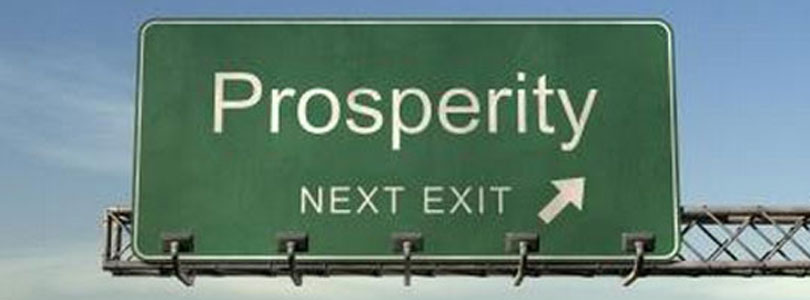Introducing the Concept of Agenda
A good example of the questionable utility of political debates arose during the Congressional district 1 primary debate on WPRO, last night. Only the most plugged in voters will have any inkling of what statements are true and which are spun to falsehood — let alone the context in which the facts were playing.
Trying to square his calls for bipartisan cooperation with his attempts to make his race about a “radical Republican agenda,” as moderator Bill Haberman put it, Congressman David Cicilline (D, RI) said:
The reality is that there are big differences between what the Republicans, led by the Tea Party, are trying to do to our country, and they have an agenda that is really reflected in the Paul Ryan budget passed in the House…
The political posturing is secondary to my purposes, here. Rather, what’s interesting is the contrast with the Democrat-led Senate, which has not passed a budget since April 2009. Such a budget would certainly include items that partisans could criticize; it would probably include items with which Cicilline did in fact go on to tar Republicans.
The advantage of inaction is that the only concrete criticism it allows is criticism for inaction. That is indeed a hefty burden of blame, inasmuch as doing nothing allows other things to happen. (National debt’s crossing the $16 trillion line, yesterday, comes to mind.) But it’s necessarily an amorphous, speculative type of criticism.
Something similar is at work in Rhode Island’s economic struggles. As I pointed out in my examination of state employment trends, Rhode Island leads the nation in failing to recover from the Great Recession, and the attitude of our political leaders appears to be that nothing major has to be changed.
Yesterday morning, WPRO’s Tara Granahan asked RI House Speaker Gordon Fox (D, Providence) whether Rhode Island’s governor should be stepping into the national spotlight, given our inability to improve our own economy. Fox equivocated about whether federal policy or state policy should be the focus, but if the comparison is from state to state, then the onus clearly lies locally.
To be sure, Fox did offer generalized admission that the state must take some responsibility for itself, but the Ocean State’s governing establishment has yet to offer a coherent plan in the form of a set of policies. Today, the RI Center for Freedom & Prosperity has endeavored to provide contrast, with its Prosperity Agenda — at least in order to give Rhode Islanders some sense of what an economic agenda might look like.
Only by placing concrete ideas on the table can they be debated, and it is frankly astonishing that, approaching six years from the state’s peak employment, the field remains open for a small, recently reformulated, outside-the-establishment think tank to step onto the concrete.




